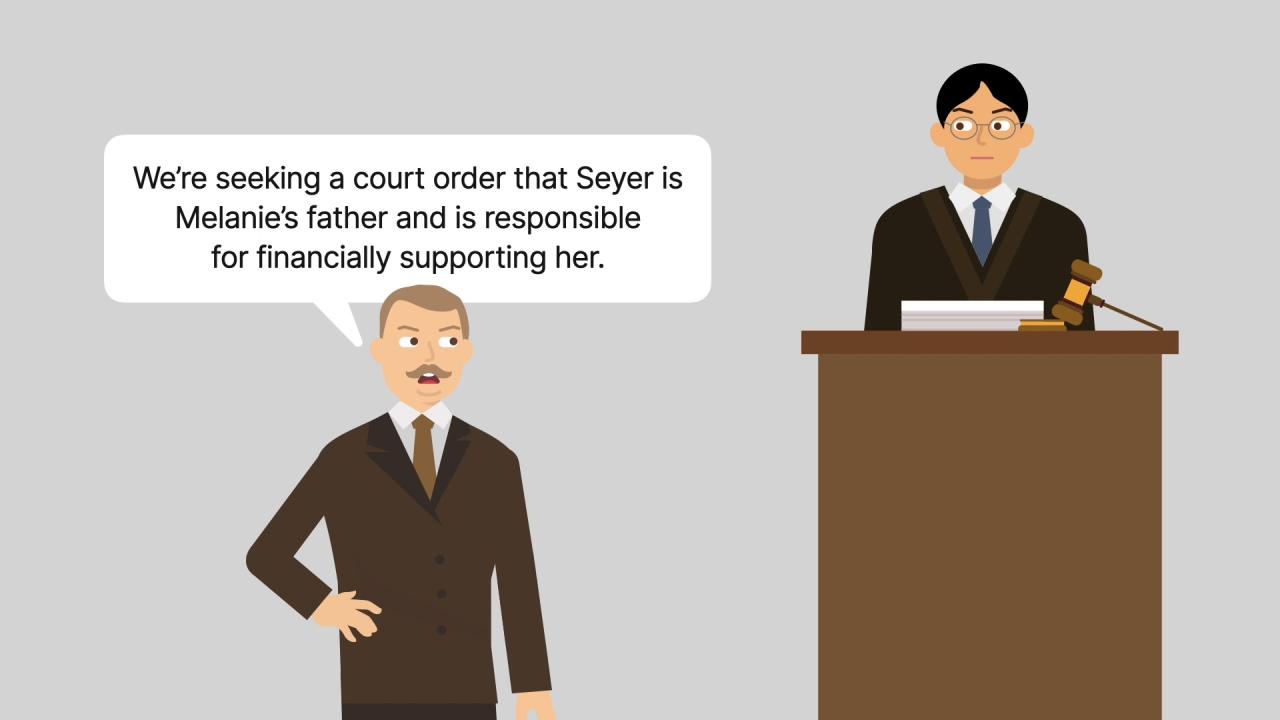State ex rel Stoyanoff v Berkeley, a seminal case in local government law, has left an enduring legacy on the relationship between municipalities and their citizens. This case, which unfolded in the California courts, grappled with fundamental questions of local autonomy and the limits of government authority.
The case centered on a dispute between the City of Berkeley and a group of residents led by plaintiff George Stoyanoff. The residents challenged the city’s rent control ordinance, arguing that it violated their constitutional rights to property and due process.
The ensuing legal battle would delve into complex legal principles and have far-reaching implications for local governance.
Case Overview

State ex rel Stoyanoff v Berkeley is a landmark case in the field of land use planning. The case challenged the constitutionality of a city ordinance that limited the number of unrelated individuals who could live together in a single-family home.
The case was brought by a group of students who argued that the ordinance violated their right to privacy and freedom of association. The city argued that the ordinance was necessary to preserve the character of single-family neighborhoods and to prevent overcrowding.
The case was decided by the California Supreme Court in 1970. The court ruled in favor of the students, holding that the ordinance was unconstitutional.
Legal Principles and Precedents
The court’s decision was based on several legal principles and precedents.
- The right to privacy is a fundamental right that is protected by the Constitution.
- The freedom of association is a fundamental right that is protected by the Constitution.
- Local governments have the authority to regulate land use, but this authority is limited by the Constitution.
Legal Arguments

Plaintiff’s Arguments
The plaintiffs argued that the ordinance violated their right to privacy and freedom of association.
- The right to privacy protects the right to live in one’s home without government interference.
- The freedom of association protects the right to live with whomever one chooses.
- The ordinance violated these rights by limiting the number of unrelated individuals who could live together in a single-family home.
Defendant’s Arguments, State ex rel stoyanoff v berkeley
The city argued that the ordinance was necessary to preserve the character of single-family neighborhoods and to prevent overcrowding.
- Single-family neighborhoods are characterized by their low density and quiet atmosphere.
- The ordinance helped to preserve this character by limiting the number of people who could live in a single-family home.
- The ordinance also helped to prevent overcrowding by ensuring that there were enough housing units for everyone who wanted to live in the city.
Court’s Decision
The court ruled in favor of the students, holding that the ordinance was unconstitutional.
The court found that the ordinance violated the plaintiffs’ right to privacy and freedom of association.
The court also found that the city’s interests in preserving the character of single-family neighborhoods and preventing overcrowding were not sufficient to justify the infringement on the plaintiffs’ constitutional rights.
Impact and Significance: State Ex Rel Stoyanoff V Berkeley

The Stoyanoff decision has had a significant impact on land use planning in California and other states.
The decision has made it more difficult for local governments to restrict the number of unrelated individuals who can live together in a single-family home.
The decision has also helped to protect the right to privacy and freedom of association.
FAQ Section
What was the primary issue at stake in State ex rel Stoyanoff v Berkeley?
The case centered on the constitutionality of a rent control ordinance enacted by the City of Berkeley, which the plaintiffs argued violated their property rights and due process.
How did the court rule in State ex rel Stoyanoff v Berkeley?
The California Supreme Court ultimately upheld the constitutionality of the rent control ordinance, finding that it was a valid exercise of the city’s police power and did not violate the plaintiffs’ constitutional rights.
What is the significance of State ex rel Stoyanoff v Berkeley in local government law?
The case affirmed the principle of local autonomy, recognizing the authority of municipalities to enact ordinances and policies that address local concerns, even if they differ from state or federal law.